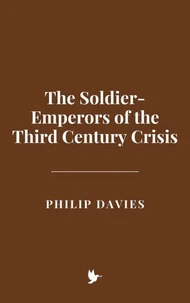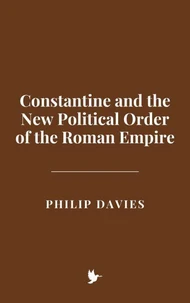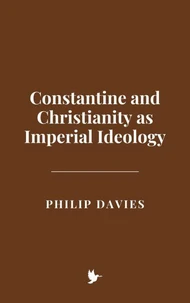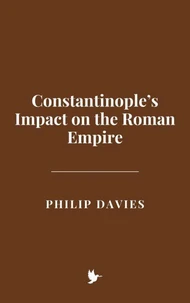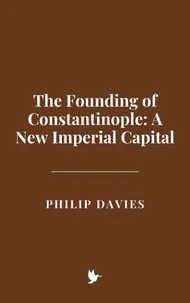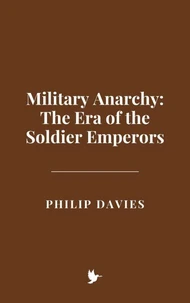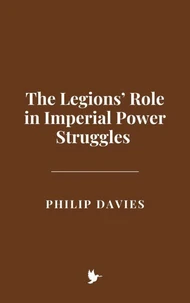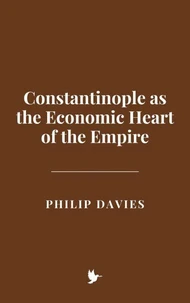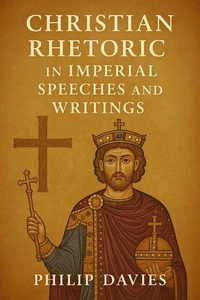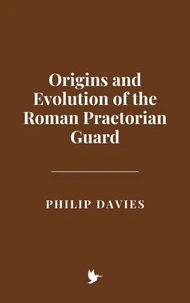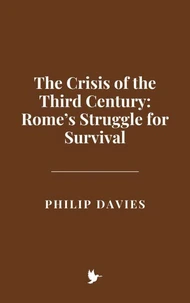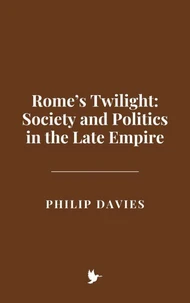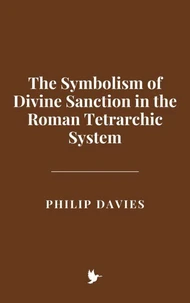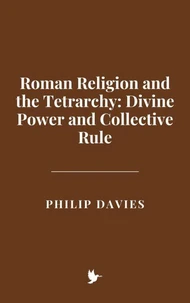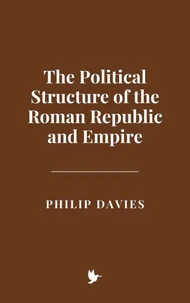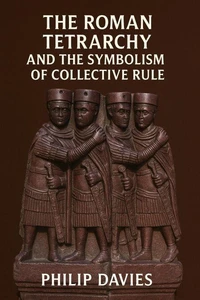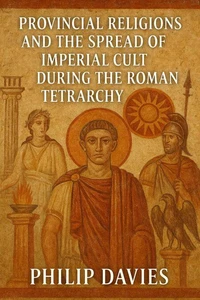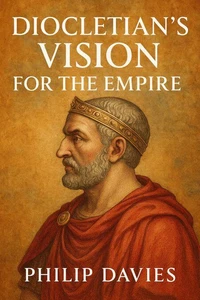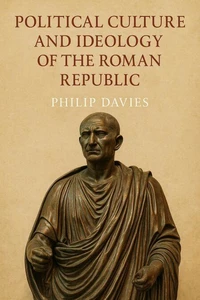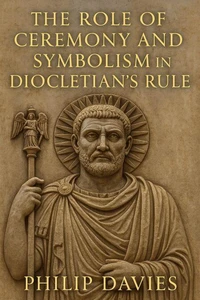Decline and Transformation of Roman Religion in Late Antiquity
Par :Formats :
Disponible dans votre compte client Decitre ou Furet du Nord dès validation de votre commande. Le format ePub est :
- Compatible avec une lecture sur My Vivlio (smartphone, tablette, ordinateur)
- Compatible avec une lecture sur liseuses Vivlio
- Pour les liseuses autres que Vivlio, vous devez utiliser le logiciel Adobe Digital Edition. Non compatible avec la lecture sur les liseuses Kindle, Remarkable et Sony
 , qui est-ce ?
, qui est-ce ?Notre partenaire de plateforme de lecture numérique où vous retrouverez l'ensemble de vos ebooks gratuitement
Pour en savoir plus sur nos ebooks, consultez notre aide en ligne ici
- FormatePub
- ISBN8231551842
- EAN9798231551842
- Date de parution23/05/2025
- Protection num.pas de protection
- Infos supplémentairesepub
- ÉditeurWalzone Press
Résumé
This comprehensive study explores the profound religious shift that reshaped the Roman Empire between the third and seventh centuries CE. Tracing the gradual decline of traditional Roman polytheism and the concurrent rise of Christianity, the book examines the political, social, and cultural forces that drove this transformation. Through detailed analysis of imperial policies, intellectual debates, ritual practices, and popular beliefs, Philip Davies reveals how the once-dominant pagan religion adapted, resisted, and ultimately gave way to a Christianized imperial order.
Drawing on primary sources, archaeological evidence, and modern scholarship, the work highlights the complex interplay of syncretism, persecution, accommodation, and innovation that characterized this pivotal era. Offering fresh insights into the shifting notions of sacred space, family religion, and communal identity, the book illuminates the legacy of Late Antiquity's religious metamorphosis and its enduring impact on Western civilization.
Drawing on primary sources, archaeological evidence, and modern scholarship, the work highlights the complex interplay of syncretism, persecution, accommodation, and innovation that characterized this pivotal era. Offering fresh insights into the shifting notions of sacred space, family religion, and communal identity, the book illuminates the legacy of Late Antiquity's religious metamorphosis and its enduring impact on Western civilization.
This comprehensive study explores the profound religious shift that reshaped the Roman Empire between the third and seventh centuries CE. Tracing the gradual decline of traditional Roman polytheism and the concurrent rise of Christianity, the book examines the political, social, and cultural forces that drove this transformation. Through detailed analysis of imperial policies, intellectual debates, ritual practices, and popular beliefs, Philip Davies reveals how the once-dominant pagan religion adapted, resisted, and ultimately gave way to a Christianized imperial order.
Drawing on primary sources, archaeological evidence, and modern scholarship, the work highlights the complex interplay of syncretism, persecution, accommodation, and innovation that characterized this pivotal era. Offering fresh insights into the shifting notions of sacred space, family religion, and communal identity, the book illuminates the legacy of Late Antiquity's religious metamorphosis and its enduring impact on Western civilization.
Drawing on primary sources, archaeological evidence, and modern scholarship, the work highlights the complex interplay of syncretism, persecution, accommodation, and innovation that characterized this pivotal era. Offering fresh insights into the shifting notions of sacred space, family religion, and communal identity, the book illuminates the legacy of Late Antiquity's religious metamorphosis and its enduring impact on Western civilization.




